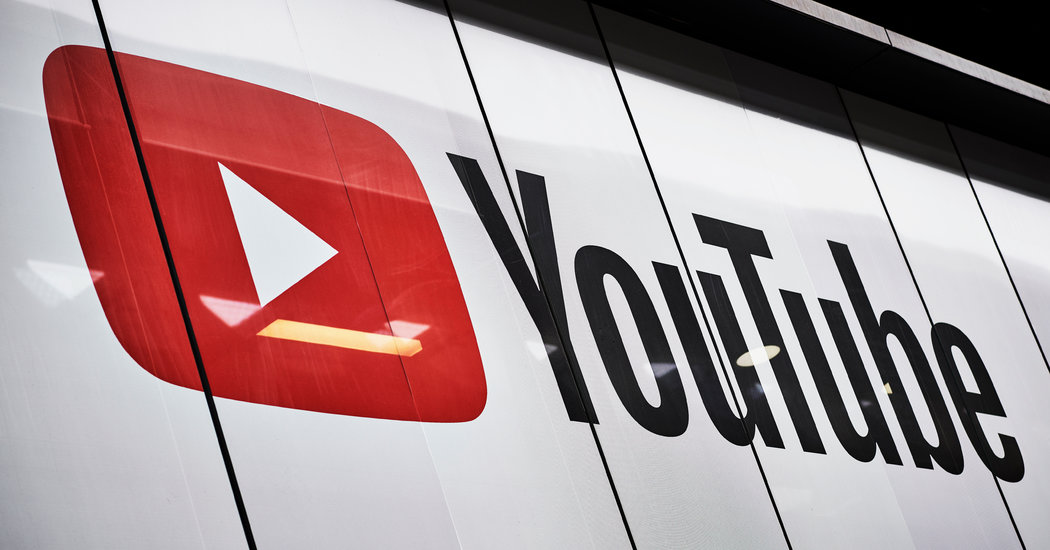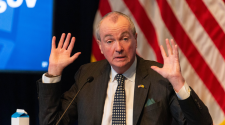The agreement split the F.T.C. down partisan lines, with the agency’s three Republican commissioners voting to approve the settlement and the two Democratic commissioners dissenting.
In a statement, two of the Republican commissioners, Joseph J. Simons, the agency’s chairman, and Christine S. Wilson, said that the settlement “achieves a significant victory for the millions of parents whose children watch child-directed content on YouTube.” In particular, they said, this was the first time a platform would have to ask its content producers to identify themselves as creators of children’s material. The settlement, they said, “sends a strong message to children’s content providers and to platforms about their obligation to comply with the COPPA rule.”
But while the agreement prohibits YouTube and Google from using or sharing the children’s data they have already obtained, one of the Democratic commissioners, Rohit Chopra, said it did not hold company executives personally accountable for illegal data-mining of children. The other Democratic commissioner, Rebecca Kelly Slaughter, said the agreement did not go far enough by requiring YouTube itself to proactively identify children’s videos on its platform.
“No individual accountability, insufficient remedies to address the company’s financial incentives, and a fine that still allows the company to profit from its lawbreaking,” Mr. Chopra wrote in his dissent. “The terms of the settlement were not even significant enough to make Google issue a warning to its investors.”
COPPA is the strongest federal consumer privacy statute in the United States, enabling the F.T.C. to level fines of up to $42,530 for each violation.
Noah Phillips, a Republican commissioner, argued that Congress should give the F.T.C. more guidance about how to levy fines.
In a blog post on Wednesday about the settlement, YouTube’s chief executive, Susan Wojcicki, said that “nothing is more important than protecting kids and their privacy.” She added, “From its earliest days, YouTube has been a site for people over 13, but with a boom in family content and the rise of shared devices, the likelihood of children watching without supervision has increased.”
















